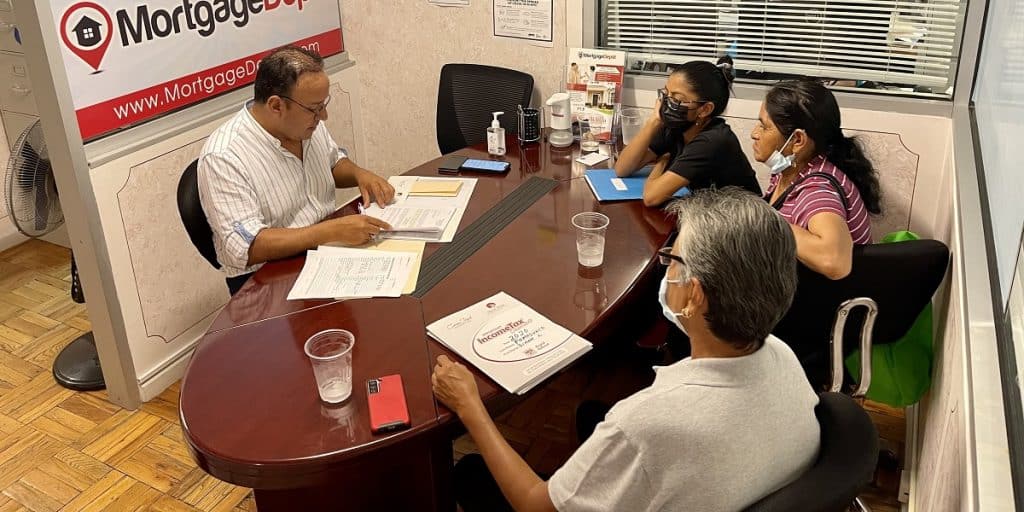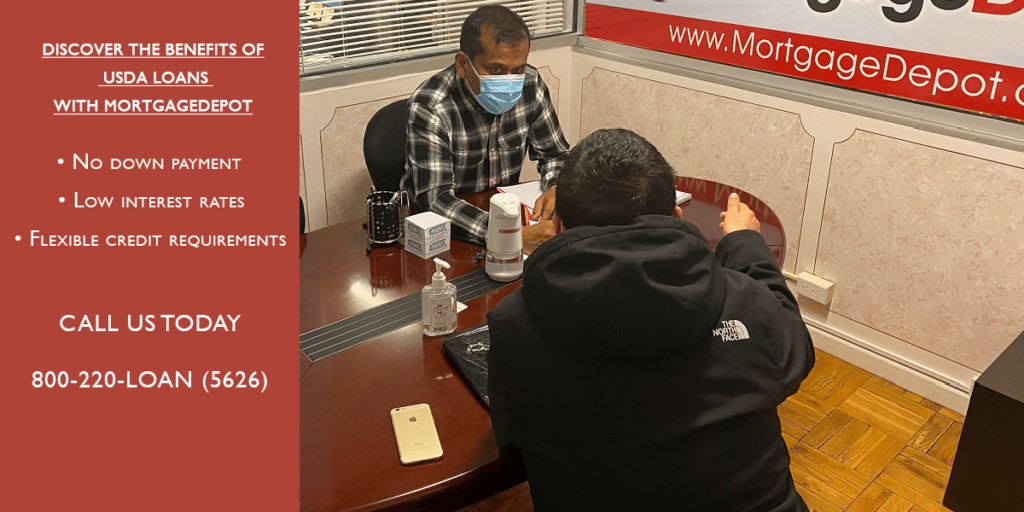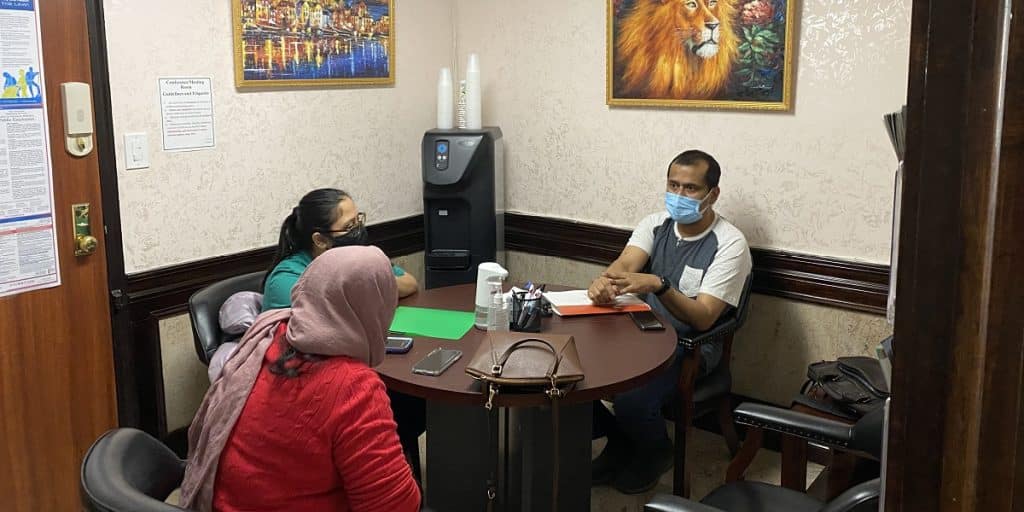
Mortgage lenders generally hold an escrow account for property tax and insurance payments. Essentially, the lender will collect the total annual amount owed to your insurer and to your county’s tax collector through small monthly payments. These are typically added to your mortgage’s principal and interest payment. In many cases, mortgage applicants can request a waiver of escrows. This means that the homeowner will be responsible for paying the insurance premium and property taxes directly to the appropriate entity. While this could be an option for you, should you exercise this option?
When you take out a new mortgage, the lender will collect anywhere from a few months to a full year of escrow payments upfront. This is to establish and fund the accounts. By waiving escrows, you can keep this cash in your own bank account. However, you will need to set aside money regularly on your own so that you have enough cash on hand to pay the tax collector and insurer when the time comes to do so.
In addition, waiving escrows enables you to take advantage of a lower monthly mortgage payment each month. This can be advantageous for those who regularly see some fluctuation in personal income from month to month. However, you will still be responsible for the full payments, so this does not save you money. If you have trouble saving money on your own, waiving escrows could lead to a stressful headache and unnecessary financial stress.
Do you have questions about escrow requirements for your next mortgage? Our team at MortgageDepot will happily take the time to answer your questions. We want you to feel confident about all aspects of the new home loan that you set up through us. To request more details on escrows and about your home loan options, contact the MortgageDepot team today.
Contact one of our loan consultants to learn more.
Have questions or need help?
Call us now at 800-220-LOAN
Request a call back or email us your questions!







